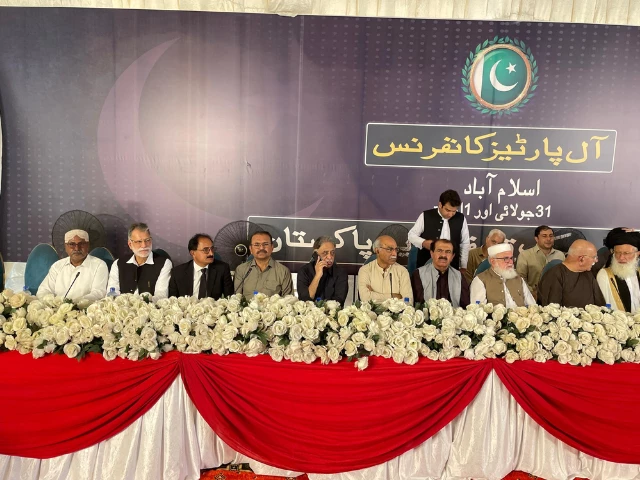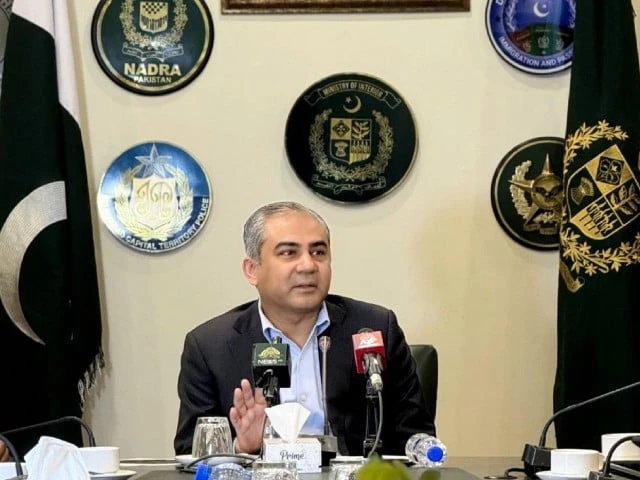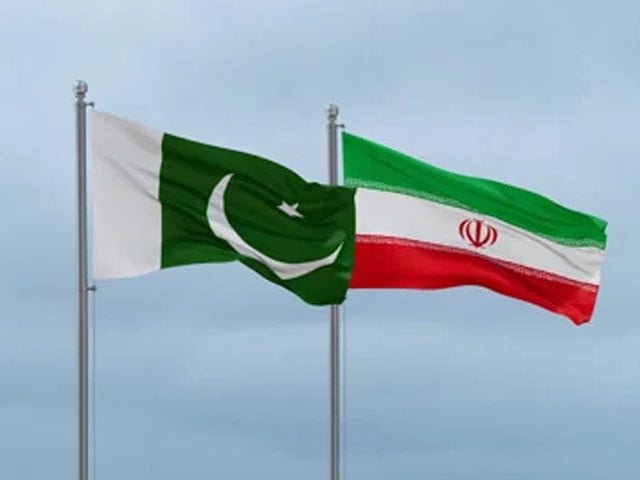Navigating the Complexities of Pakistan’s Political Landscape
The recent All Parties Conference (APC) in Islamabad, spearheaded by the opposition coalition Tehreek Tahafuz Ayin-e-Pakistan (TTAP), shed light on significant concerns regarding the political climate in Pakistan. As political leaders gathered, they collectively voiced urgent calls for restoring democracy, calling an end to what they described as ‘engineered politics’ and judicial victimization.
PTI Chairman Barrister Gohar Ali Khan emphasized the vital need to respect the voice and vote of citizens. He stated, “No political solution can succeed unless we uphold the will of the people.” This sentiment resonated throughout the conference, as various leaders expressed alarm over the perceived erosion of constitutional order and the growing trend of political victimization.
What’s particularly notable is the transition of the conference venue from a hotel, which canceled the booking at the last minute, to the private Tarlai farmhouse of former senator Mustafa Nawaz Khokhar. Such last-minute changes often add to the narrative of unease that surrounds political discourse in the country.
During the conference, TTAP leaders condemned recent sentences handed down to several PTI leaders, labeling them as politically motivated. They called for a neutral election commission and shared a commitment to judicial independence. Political figures like Mehmood Khan Achakzai invoked the idea that a country’s governance relies on social contracts rather than force, driving home the importance of constitutional integrity.
As discussions unfolded, concerns about the future of democracy in Pakistan became apparent. Veteran politician Javed Hashmi pointed out that attempts to sideline the PTI have not diminished public support for its founder, Imran Khan. This reflects a broader sentiment that, despite the turmoil, citizens still hold onto their belief in democratic processes.
The conference continues as TTAP outlines a roadmap for restoring democracy and implementing electoral reforms. Their push for a unified political front against unconstitutional interference signals a critical moment in Pakistan’s political journey.
For those interested in staying informed about these developments and what they mean for the future of democracy in Pakistan, Pro21st offers insightful resources and platforms for discussion. Engaging with such communities can help cultivate a deeper understanding of these complex issues.
At Pro21st, we believe in sharing updates that matter.
Stay connected for more real conversations, fresh insights, and 21st-century perspectives.





